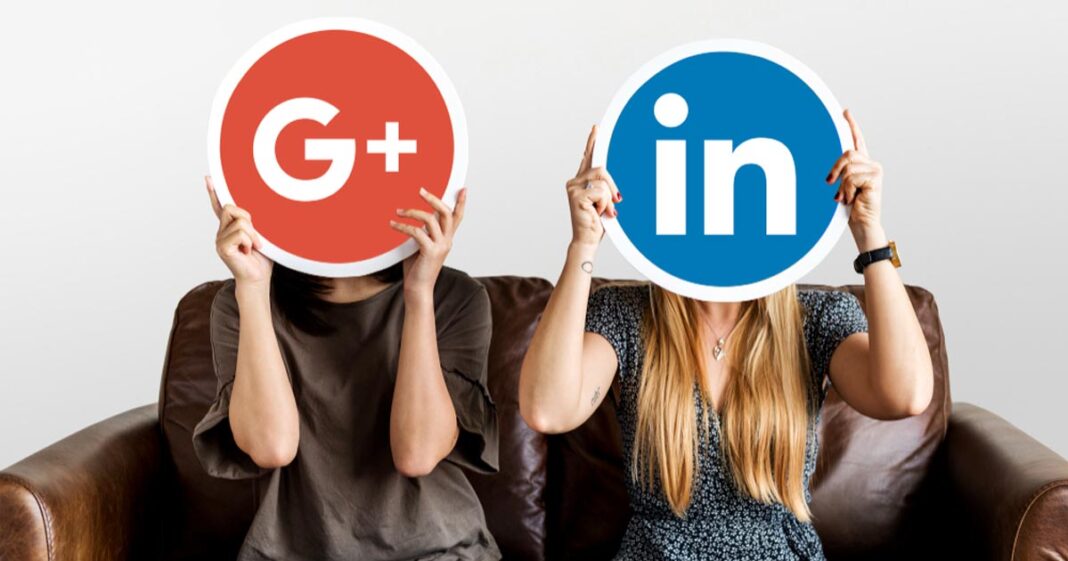
Introduction
In today’s digital landscape, businesses are spoilt for choice when it comes to online advertising. Two giants dominate the scene—Facebook Ads and Google Ads. Both platforms offer immense potential, but the choice depends on your business goals, audience, and budget. So, which one should you choose? Let’s dive into real-world success stories and practical insights to help you decide.
Understanding the Platforms
Facebook Ads: Social Media Powerhouse
Facebook Ads operate on a social media platform, making it ideal for businesses that want to build brand awareness, target specific demographics, and engage audiences through visually appealing content.
- Best For: B2C businesses, e-commerce, lifestyle brands, local businesses.
- Key Features: Advanced audience targeting (interests, behaviors, demographics), immersive ad formats (carousel, video, story ads), and cost-effective CPC.
Google Ads: The Search Engine Giant
Google Ads is intent-driven, meaning people see ads when they actively search for a product or service. If your business needs to capture high-intent customers, Google Ads is the way to go.
- Best For: B2B businesses, local services, e-commerce, lead generation.
- Key Features: Keyword targeting, search and display networks, remarketing, and higher conversion rates for intent-driven searches.
Real-Life Success Stories: Indian Businesses That Made It Big
- Lenskart: Leveraging Facebook for Brand Awareness
Lenskart, India’s leading eyewear brand, used Facebook Ads to scale its business. Through engaging video ads, influencer collaborations, and AI-powered personalized recommendations, Lenskart reached millions of users. The brand optimized its campaigns based on user interactions, leading to a 5X increase in sales and brand recall.
- UrbanClap (Now Urban Company): Dominating Google Ads for Service-Based Business
UrbanClap, an on-demand home services platform, focused heavily on Google Ads to capture high-intent searches like “home cleaning services in Delhi” or “best beauty parlors near me.” Their strategic use of local keywords, PPC campaigns, and landing page optimizations resulted in a 40% increase in conversions and reduced cost per acquisition (CPA).
- Mamaearth: A Hybrid Approach for Explosive Growth
Mamaearth, an organic skincare brand, used a combination of Facebook and Google Ads. Facebook Ads helped them create a strong brand presence through storytelling and influencer marketing, while Google Ads ensured they captured purchase-ready customers searching for organic skincare products. This omnichannel strategy helped them achieve a revenue growth of over 400% in just two years.
Comparing Costs: Where Should You Invest?
| Factor | Facebook Ads | Google Ads |
| Cost Per Click (CPC) | Lower (₹5 – ₹15 on average) | Higher (₹20 – ₹100+ depending on competition) |
| Conversion Rate | Moderate (Depends on engagement) | High (Intent-based) |
| Ad Format Flexibility | High (Carousel, Stories, Videos) | Moderate (Search, Display, YouTube) |
| Audience Targeting | Interest & behavior-based | Keyword & intent-based |
If you have a limited budget and want to create brand awareness, Facebook Ads is cost-effective. However, if your business relies on high-intent searches, Google Ads is worth the higher CPC.
When to Choose Facebook Ads Over Google Ads
- If you have a visual product (e.g., fashion, food, fitness brands).
- If your goal is to build brand awareness and engagement.
- If you are targeting a specific audience segment based on interests and behaviors.
When to Choose Google Ads Over Facebook Ads
- If your product/service solves a direct need (e.g., emergency plumbing services, medical consultations).
- If your customers actively search for your product online.
- If you want to drive high-intent traffic to your website.
Final Thoughts: The Best Strategy? A Balanced Approach
Both Facebook and Google Ads have their unique strengths. The most successful businesses, like Mamaearth and Lenskart, have used a combination of both to maximize their digital marketing ROI. If your budget allows, testing both platforms and analyzing performance metrics will help you fine-tune your strategy.
At the end of the day, your choice should align with your business objectives, audience behavior, and marketing goals. Whether you’re looking to build brand awareness or drive high-intent conversions, the right advertising strategy can take your business to new heights.
Which platform has worked best for your business? Share your experiences in the comments!





